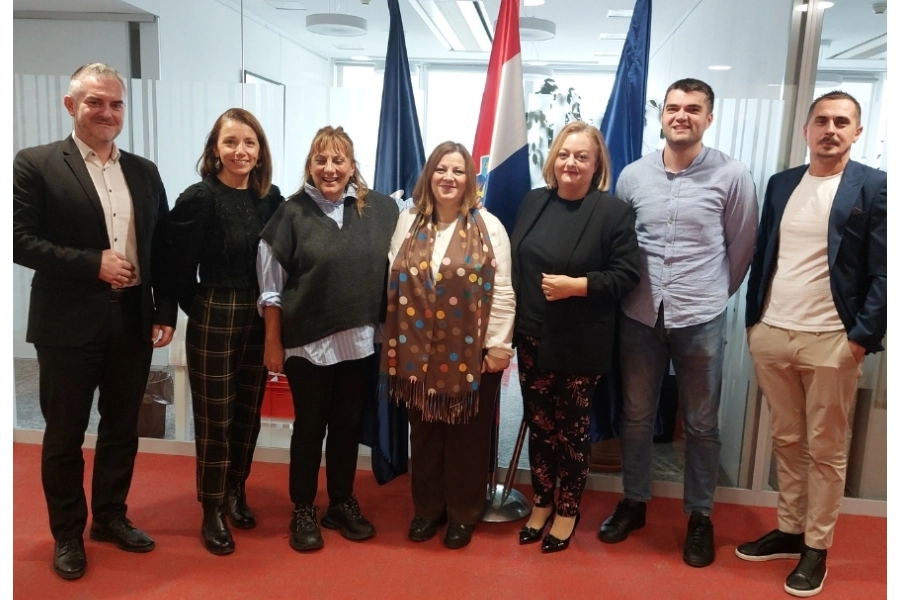
ReSPA Mobility Scheme: North Macedonia Advances Public Sector Pay Reform Through Croatian Best Practices
A delegation of the Government of the Republic of North Macedonia completed a study visit to Croatia as part of a mobility scheme focused on strengthening public administration reform and supporting the drafting of the new Law on the Public Sector Salary System-one of the country’s key ongoing legislative initiatives.
The visit provided North Macedonian representatives with an in-depth understanding of Croatia’s successful experience in designing and implementing a unified salary system across its public sector. Croatia’s comprehensive reform-spanning job classification methodologies, digitalisation of processes, fiscal sustainability measures, and cross-institutional coordination-served as an important reference point for the delegation.
Key institutions engaged in the programme included:
- Ministry of Justice, Public Administration and Digital Transformation of Croatia
As the leading institution behind Croatia’s public administration reforms, the Ministry shared valuable insights into the development of a unified public sector salary system, digital transformation of administrative services, and evidence-based approaches to improving service delivery. Their expertise in legislative drafting, job classification, and implementing complex pay-structure reforms provided the delegation with practical, applicable knowledge. - Ministry of Finance of Croatia
The Ministry provided detailed perspectives on designing wage structures aligned with fiscal policy, ensuring long-term sustainability of public finances, and coordinating integration of job classifications, salary grades, and allowances across government institutions. Discussions also covered monitoring, auditing, and reporting mechanisms that secure transparency and accountability in the salary system. - Ministry of Labour, Pension System, Family and Social Policy
The focus of this exchange was on sector-specific pay grades in key services such as health and education—areas that require tailored approaches while remaining within a unified salary framework.
All meetings and exchanges were facilitated by the World Bank Office in Croatia, whose support ensured access to relevant institutions, experts, and practical examples of reform implementation.
This mobility scheme marks a significant step forward in North Macedonia’s efforts to build a transparent, fair, and sustainable public sector salary system, aligned with European standards and grounded in proven regional experience. The insights gained in Croatia will directly inform the drafting of the new Law on the Public Sector Salary System and support its effective implementation in the months ahead.



